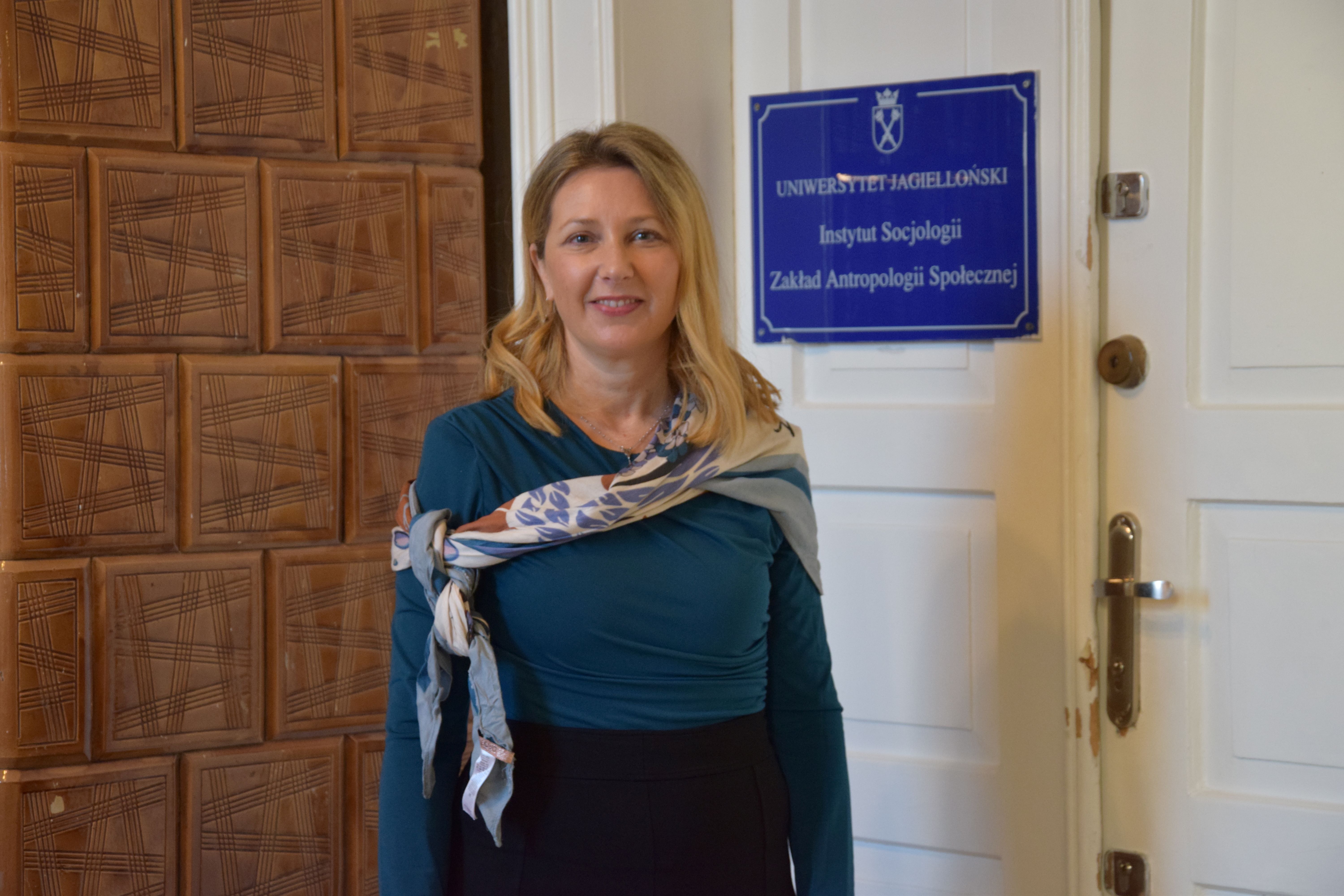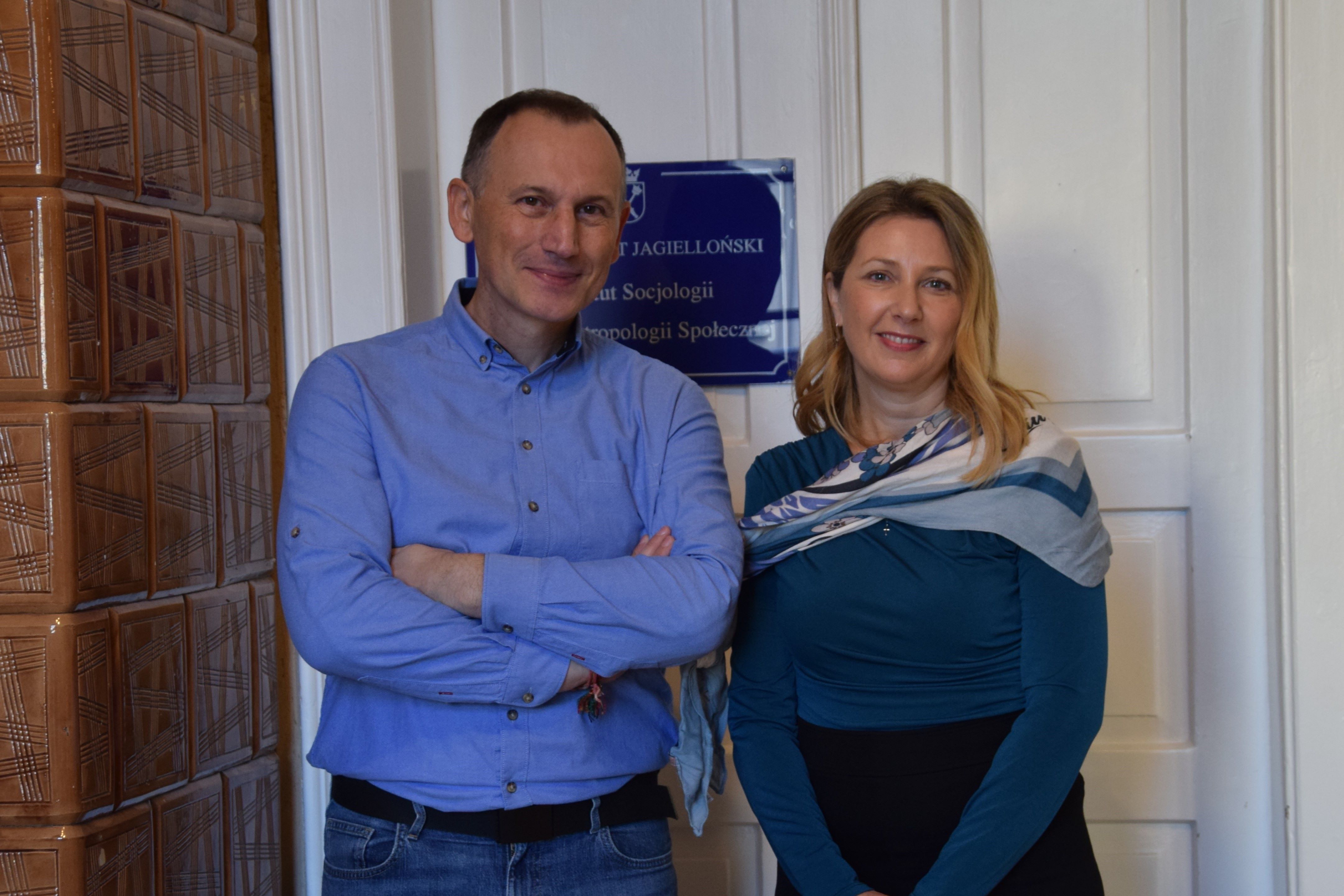Antonio Pedro Costa from the University of Aveiro in Portugal was invited by Grzegorz Bryda and the CAQDAS TM Lab at Jagiellonian University for a working meeting in Krakow, which occurred on December 1-2, 2023.
This meeting was a step in a series of joint efforts and research activities aimed at forming an International Research Working Group. The group's focus is on future projects concerning AI-enhanced Qualitative and Mixed Methods (QMM) research and data analysis.
The collaboration spans several research domains. In the QMM Collaboration, the goal is to improve teamwork using digital tools, create digital collaboration spaces, develop digital platforms for collaboration, and manage projects online. QMM Research aims to enhance research skills in the digital era, conduct AI-assisted research, and use AI-support tools. The QMM Analysis concentrates on techniques for dictionary creation, integrating AI with large language models and chatbots, exploring corpus and computational linguistics, adhering to AI research ethics, applying computational research methods, and merging AI with computer-assisted qualitative data analysis software.
QMM Thinking focuses on developing computational thinking skills, AI-driven problem-solving, fostering critical thinking in AI contexts, applying design thinking, and emphasizing qualitative thinking in technology. QMM Education is about teaching and learning in the digital age, training in digital and multimodal literacy, integrating AI into education, using multimodal educational tools, and enhancing learning with technology-enhanced methods.
The collaboration also involves standard publishing in research, data analysis, and educational methods. There's interest in trending topics in CAQDAS, AI, LLM, and AI tools, but specific articles are not yet planned. A paper planning template and an author exchange program are being developed. Additionally, there are plans to host the World Congress of Qualitative Research (WCQR) in Krakow in 2025, focusing on QMM research, collaboration, analysis, thinking, and education.
In all these initiatives, collaborating with academic and business networks is vital. Central to these efforts are the postgraduate program led by Antonio and a knowledge database developed by the CAQDAS TM Lab, along with regular seminars and meetings. These are part of a broader strategy to advance the field and promote a culture of innovation and knowledge exchange.



